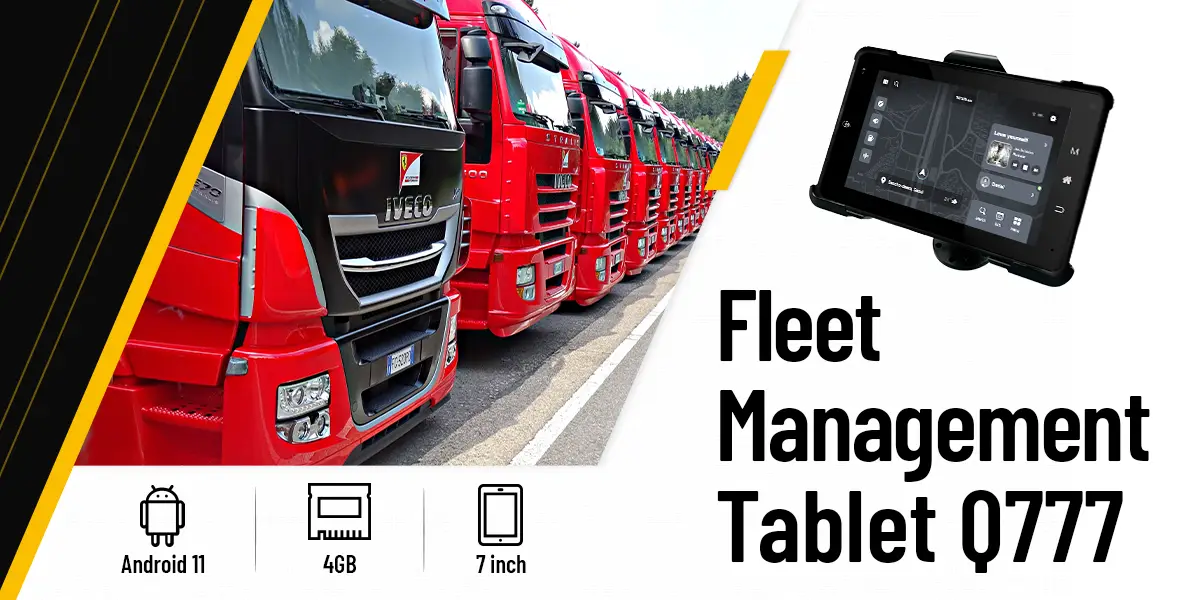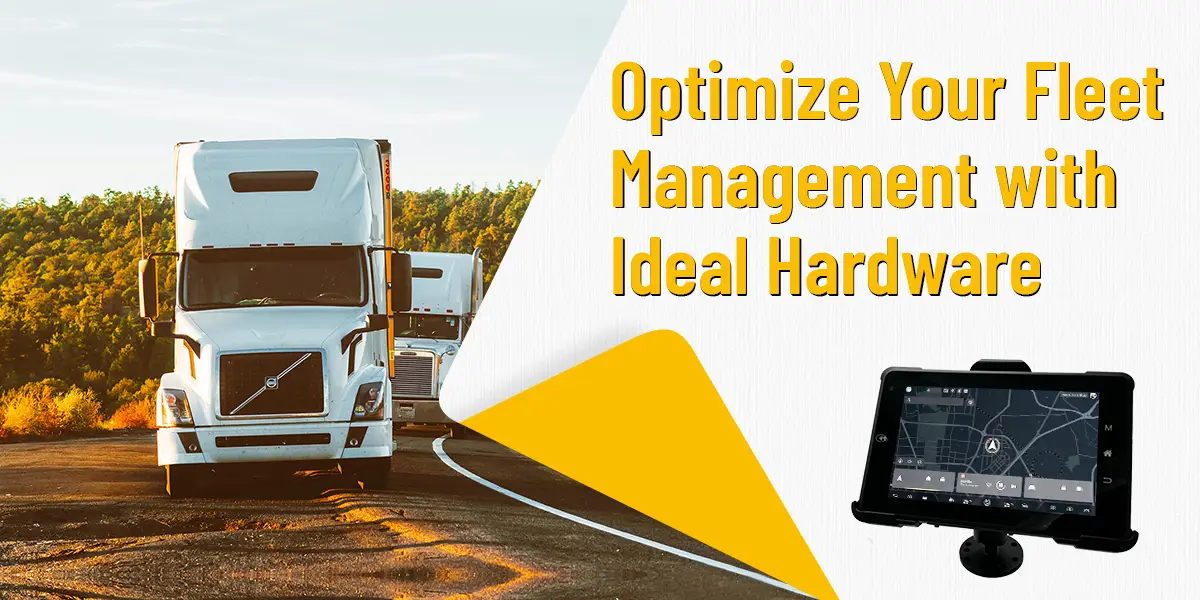Fleet management is the backbone of modern transportation, ensuring businesses can monitor, optimize, and streamline their vehicle operations efficiently. As logistics, delivery services, and corporate fleets expand, the need for smart, technology-driven fleet management solutions has never been more crucial. Whether you’re running a small fleet of service vehicles or managing a nationwide logistics operation, the right solution can help reduce costs, improve safety, and enhance productivity.
In this article, we’ll explore how fleet management solutions work, answer the most frequently asked questions, and provide insights into optimizing your fleet operations.

What Are Fleet Management Solutions?
A fleet management solution is a combination of hardware and software designed to help businesses monitor, track, and optimize their fleet operations. These systems typically include GPS tracking, telematics, fuel management, maintenance scheduling, and compliance monitoring.
Key Benefits of Fleet Management Solutions
- Cost Savings: Reduce fuel consumption, maintenance expenses, and operational inefficiencies.
- Increased Safety: Monitor driver behavior and ensure compliance with safety regulations.
- Improved Productivity: Optimize routes, reduce downtime, and automate reporting.
- Regulatory Compliance: Ensure adherence to local and international transportation laws.
- Real-time Insights: Gain access to critical data on vehicle location, speed, and performance.
FAQs About Fleet Management Solutions
1. How Do Fleet Management Systems Work?
Fleet management systems use GPS, telematics, and IoT technology to collect and analyze data from vehicles. This data is transmitted to a cloud-based platform where fleet managers can track vehicle locations, monitor performance, and optimize operations in real time.
2. What Industries Benefit from Fleet Management Solutions?
Industries that rely on transportation and logistics greatly benefit from fleet management, including:
- Trucking and Logistics
- Public Transportation
- Construction and Heavy Equipment
- Delivery Services (Last-Mile & E-Commerce)
- Government and Municipal Services
3. How Can Fleet Management Reduce Fuel Costs?
Fleet management solutions help reduce fuel costs by:
- Optimizing Routes: Avoiding traffic congestion and unnecessary detours.
- Monitoring Fuel Consumption: Detecting fuel wastage and leaks.
- Encouraging Efficient Driving: Reducing aggressive driving behaviors like excessive idling and rapid acceleration.
4. How Does a Fleet Management System Improve Safety?
- Driver Monitoring: Identify risky driving behaviors such as harsh braking and speeding.
- Dashcams & AI-powered Alerts: Provide real-time insights and alerts for dangerous situations.
- Compliance with Regulations: Ensure vehicles meet safety and maintenance standards.
5. What Are the Key Features of a Good Fleet Management Solution?
A high-quality fleet management solution should include:
- Real-time GPS Tracking
- Fuel Management & Optimization
- Predictive Maintenance Alerts
- Driver Performance Monitoring
- Automated Reporting & Analytics
- Compliance & Regulatory Monitoring

How to Choose the Right Fleet Management Solution
Selecting the right fleet management system requires evaluating your business’s specific needs. Consider the following factors:
- Scalability: Ensure the solution can grow with your business.
- Ease of Integration: Look for software that integrates with existing logistics systems.
- Customization: Choose a solution tailored to your industry.
- User-Friendliness: Ensure the system is easy to use for both managers and drivers.
- Customer Support: Opt for a provider with reliable customer support and training.
The Future of Fleet Management: What’s Next?
The fleet management industry is rapidly evolving with emerging technologies like AI, 5G, and IoT. Here’s what the future holds:
- AI-Powered Predictive Maintenance: Advanced AI algorithms can predict potential vehicle failures before they happen, reducing downtime.
- Autonomous Fleet Operations: Self-driving commercial vehicles are expected to revolutionize logistics.
- EV Fleet Management: As companies transition to electric vehicles, solutions that optimize EV battery usage and charging infrastructure will become critical.
- Blockchain for Transparency: Blockchain technology can improve supply chain transparency and prevent fraud.
Conclusion
Fleet management solutions are essential for modern businesses aiming to reduce costs, enhance efficiency, and ensure regulatory compliance. By leveraging real-time data, predictive analytics, and automation, companies can gain a competitive edge in the transportation and logistics industry.
Investing in the right fleet management system will not only optimize operations but also boost profitability and sustainability in the long run. As technology continues to advance, adopting these solutions will become an industry standard rather than an option.


